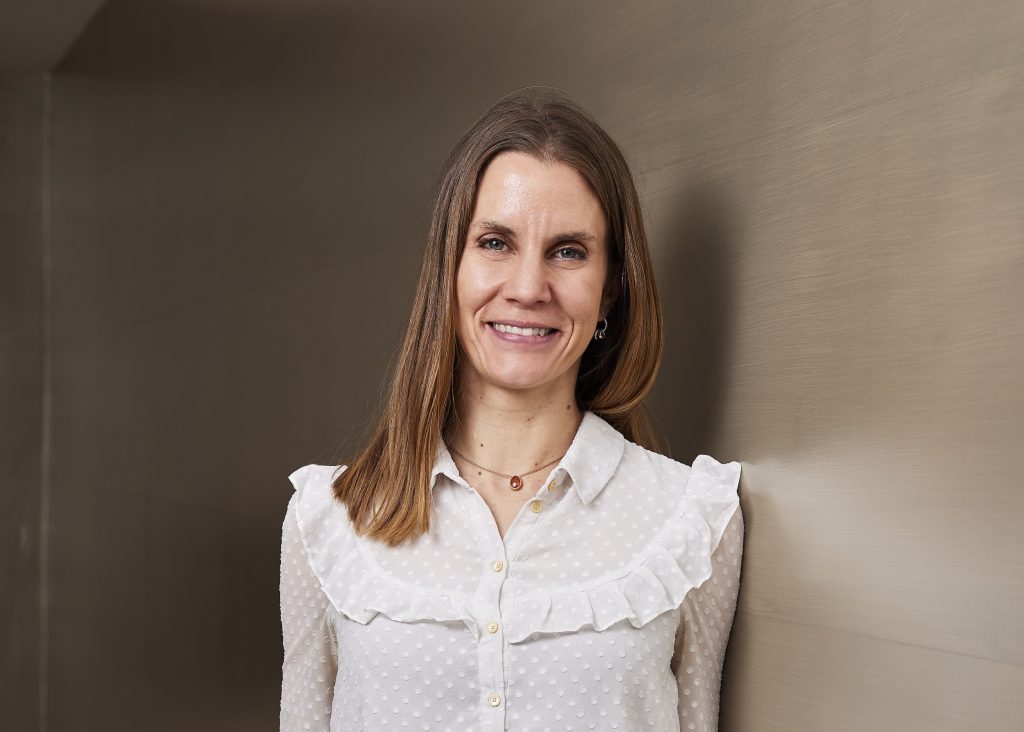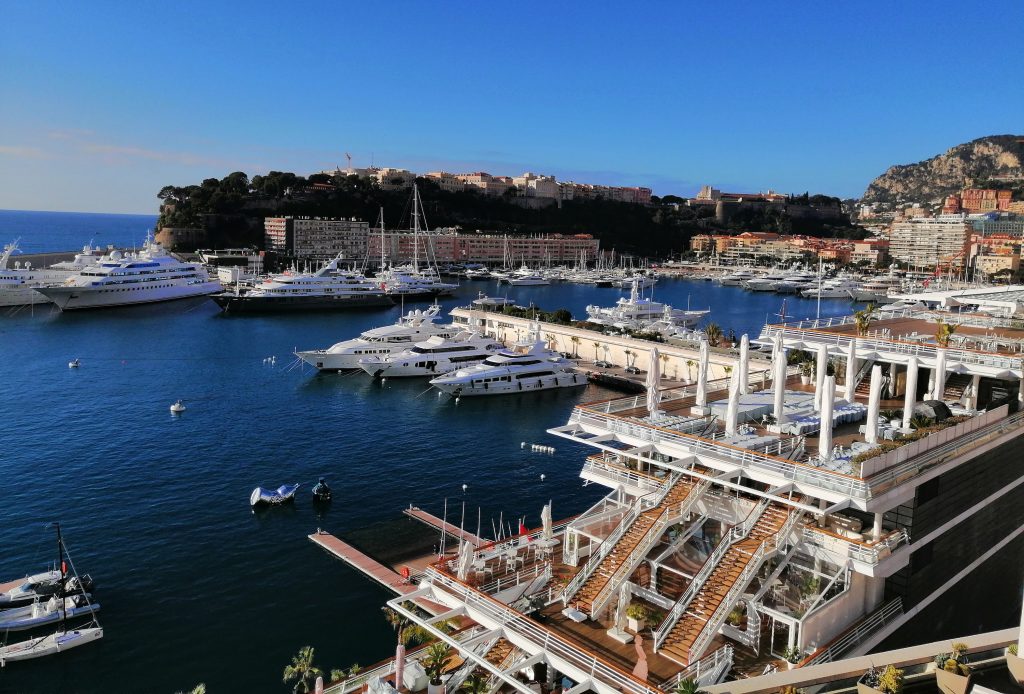
Preparing for Tomorrow’s Challenges Starts Today
Raphaëlle Svara, Partner at CMS Monaco law firm and co-head of the Private Client Team, shares her insights on the legal aspects of prenuptial agreements, matrimonial regimes and divorce in the Principality of Monaco.
Founded in 2009, CMS Monaco has forged a reputation as the go-to law firm in the Principality, providing expert advisory and litigation services to a diverse portfolio of clients – from individuals and institutions to businesses and banks.

Raphaëlle Svara, co-heads the Private Clients team and advises individuals, family offices, trusts, and foreign private entities. She represents clients before both civil and criminal courts in Monaco and practices in international family law and estate planning.
Prenuptial Agreements and Matrimonial Regimes
In many countries, prenuptial agreements are a common way to protect wealth and prevent disputes. It is often seen on the news with some international cases that people wealth and businesses can be disturbed because of not having marriage contracts. In Monaco, however, they are not as prevalent.
Are prenuptial agreements recommended in Monaco?
“They were not commonly used here, because the legal matrimonial regime is separation of assets. However, recently they are increasing due to cross border couples,” – says Raphaëlle.
Under the separation of assets regime, each spouse retains ownership of their own assets acquired before and during the marriage. Each is solely responsible for their debts, and creditors can only pursue the assets of the indebted spouse.
Does Monaco recognize community property or shared marital assets?
“Yes it does. When it is about the property of a joint bank account for spouses married under separation of assets, the joint assets are deemed to be held in equal shares unless proven otherwise.”
When is a prenuptial agreement advisable?
“We often recommend them for citizens of common law countries, like the U.S.A. or the U.K., where prenups are more detailed and can outline financial arrangements in the event of divorce. These aim at protecting each spouse in case of a divorce in those countries.”
Can a prenuptial agreement be overruled by a judge?
“What has been decided when entering a marriage on the basis of a specific situation can evolve. Yes. Circumstances can change, especially regarding children. Issues such as custody and child support are not subject to waiver.
Courts always prioritize the best interest of the child. It’s also common for international clients to want protection under the laws of their home countries, which is why prenuptial agreements are becoming more frequent.
It’s a very interesting thing because depending on which side you are, you want to go from one regime to the other,” – concludes Raphaëlle.
Recognition and Legal Implications
Is a Monaco marriage recognized in other countries?
“Yes—since it’s a civil marriage performed by a public authority. However, in countries where only religious marriages are recognised, it may not be enough to get married in City Hall. Civil marriages are the law in Monaco; religious ceremonies are optional and symbolic.”
Divorce in Monaco

It is noteworthy that under Monégasque law, one can initiate a divorce proceedings if the marital residency is established in Monaco.
From a Monegasque divorce law perspective:
Monaco’s default matrimonial regime is separation of assets. But what happens in cases where, for example, one spouse becomes a stay-at-home parent, leaving behind a professional career?
“Matrimonial regimes are a crucial consideration when entering into marriage. If you aren’t married, this question doesn’t arise. But once you marry, it’s important to determine whether you are under separation of assets or community of assets—two primary systems seen across Europe and also in Monaco. If you are married under separation of assets, what I earn is mine, and what you earn is yours,” – explains Raphaëlle.
The Monegasque divorce law states that the spouse in need, during the divorce proceedings, can ask for an alimony and a lump sum once the divorce is pronounced and definitive. Therefore, there is a protection for the spouse in need.
The matrimonial regime can be dissolved upon separation or death. It’s essential to understand that spouses are still expected to contribute to the household to a certain extent, and children’s welfare.
Unlike Anglo-Saxon jurisdictions where courts may divide equally matrimonalized assets in case of divorce, the Monegasque system prioritizes standard of living, duration of the marriage, the wealth of each spouse, when determining financial lump sum. This distinction is critical for high-net-worth individuals due to the potential financial implications.
How is financial compensation determined in Monaco?
“Several objective criteria are taken into account such as length of the marriage, number of children, age of each spouse, resources, real estate holdings, and overall standard of living, professional sacrifices.
A younger spouse may have an easier time rebuilding financially than an older one,” – Raphaëlle notes. “Standard of living is very important. If someone lived in a luxury apartment for 20 years, there’s no justification for placing them in a studio post-divorce.
Consequently, the wealthier spouse will have to pay an alimony and a lump sum . The same applies to business class flights, private jets, or luxury items. If such a lifestyle can be proven, the judge will consider it when awarding alimony.”
Although divorce proceedings can begin immediately after receiving residency status, Monaco’s multicultural environment – with nearly 150 nations living here, – often raises questions about jurisdiction.
Can Monégasque law be challenged in cross-border divorces?
“Jurisdiction depends first on the location of the family’s main home. As for the applicable law to the divorce, unless the spouses have decided otherwise in pre or post nup, Monaco law applies when the Monaco Courts are seized.”
The question of jurisdiction is essential so its determination is the first thing to do.
“Strong testimony helps build the case.”
Is there a trend of divorce tourism in Monaco?
“No, since Monaco courts only take the case if the conditions above are met.”
What are the main sources of conflict in divorce settlements?
“Children and money. We often see more disputes over monthly financial support than over assets like real estate.”
Can you share an example of a complex high-profile divorce?
“We had a notable case involving a wealthy Eastern European couple living in Monaco. Courts in both their home country and Monaco were involved. The key issue was spousal entitlement, and we needed Monaco to be confirmed as the competent jurisdiction. It was challenging due to the need to negotiate across legal and cultural differences.”
Is mediation commonly used in Monaco?
“There is a state mediator, but mediation isn’t widespread. The service is only available in French, which can be a barrier for foreigners. I always advise clients to reach an agreement before initiating proceedings to avoid the emotional and financial strain of lengthy court battles, especially when children are involved.”
Do emotions impact divorce outcomes?
“Absolutely. Emotional wounds — love, anger, betrayal — can cloud judgment. When one party is deeply hurt, rational agreement becomes difficult.”
Is there any legal distinction between Monégasque and non-Monégasque spouses?
“No. The applicable law is applicable to every person. As long as the divorce takes place in Monaco, Monégasque rules apply, regardless of nationality.”
What is the typical divorce timeline in Monaco?
“A litigious one, I would say, two years on average. With a mutual agreement, it can be as fast as six months. However, even amicable cases require court approval and depend on the judges’ calendar. That said, Monaco moves fast.”
Have you ever seen couples reconcile during the divorce process?
“Yes, but only twice in ten years.”
Do long-term marriages often end in divorce?
“It’s not uncommon. I’ve seen many 20- to 30-year marriages come to an end.”
Would you change any part of Monégasque divorce law?
“Yes. The current system is quite traditional. You must prove fault or have mutual consent to divorce. Not being in love anymore isn’t a valid legal ground unless both parties agree.
I believe only one of the spouses should be able to end a marriage without proving wrongdoing.”
What advice would you give young lawyers entering private client law?
“You need empathy. Listen to your clients, understand their objectives, and guide them not just through legal steps but through a highly emotional journey.
This work requires resilience. You meet people at their most vulnerable, and you must stay objective while navigating delicate family dynamics.”
Raphaëlle Svara joined CMS Monaco in 2016 and previously worked in Paris, São Paulo, New York, and Monaco. She speaks French, English, Portuguese, and Italian, and is regularly recognised by Chambers & Partners and Legal 500.






Responses